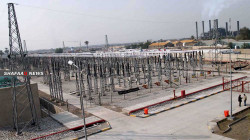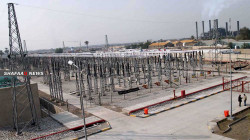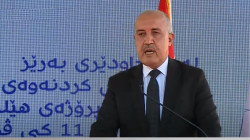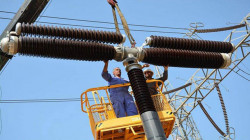Fuel shortage: The major obstacle for Iraq's electricity sector
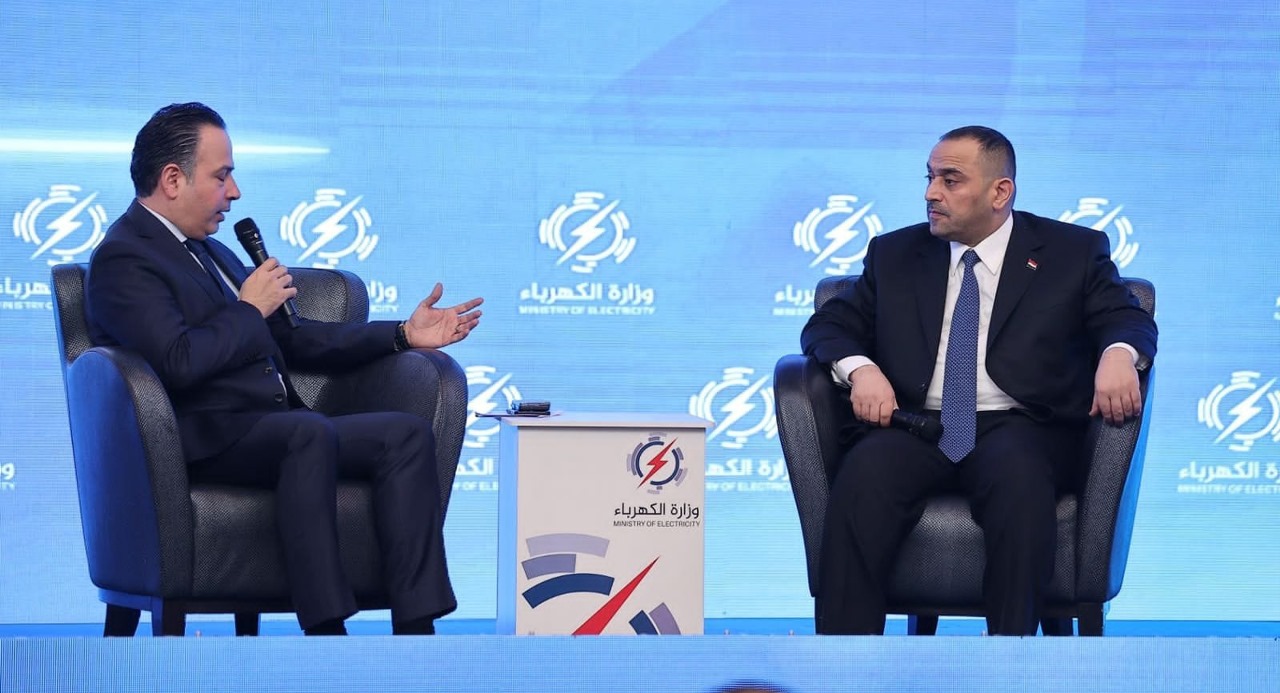
Shafaq News/ The Iraqi Minister of Electricity, Ziad Ali Fadel, expressed on Saturday that fueling the power plants is the "biggest challenge" that the ministry faces, expressing optimism that the upcoming summer will see an improvement in the supply hours compared to 2023.
Speaking during a symposium at the conference for launching the e-billing service for paying the power bill in Baghdad, Fadel stated that the ministry is working "hand in hand" with the ministries of oil, finance, and planning to increase the electric power production compared to last year.
Furthermore, he emphasized that the ministry's new plan includes maintenance operations, new projects, resolving network issues, network development, distribution mechanisms, and consumption rationalization.
"Ensuring fuel supply to the stations is a real challenge." He said the fuel shortage during last year's summer resulted in a loss of 5,000 megawatts.
"I am confident the upcoming summer will surpass the previous issues."
For decades, Iraq has been facing a severe electricity crisis due to the wars and sanctions that have damaged its power infrastructure. The people have been demanding an end to the frequent blackouts, especially in the hot summer months, when the temperature can rise to 50 degrees Celsius.
To address this crisis, Iraq seeks to import electricity from the Gulf countries, mainly from Saudi Arabia, by connecting its system with the Gulf system after relying solely on Iran for years by importing 1,200 megawatts and gas fuel to run its local power plants.
Furthermore, Iraq is exploring the possibility of importing electricity from Jordan and Turkey as part of Baghdad's strategy to bridge the gap until the construction of power plants capable of meeting domestic energy demands.

